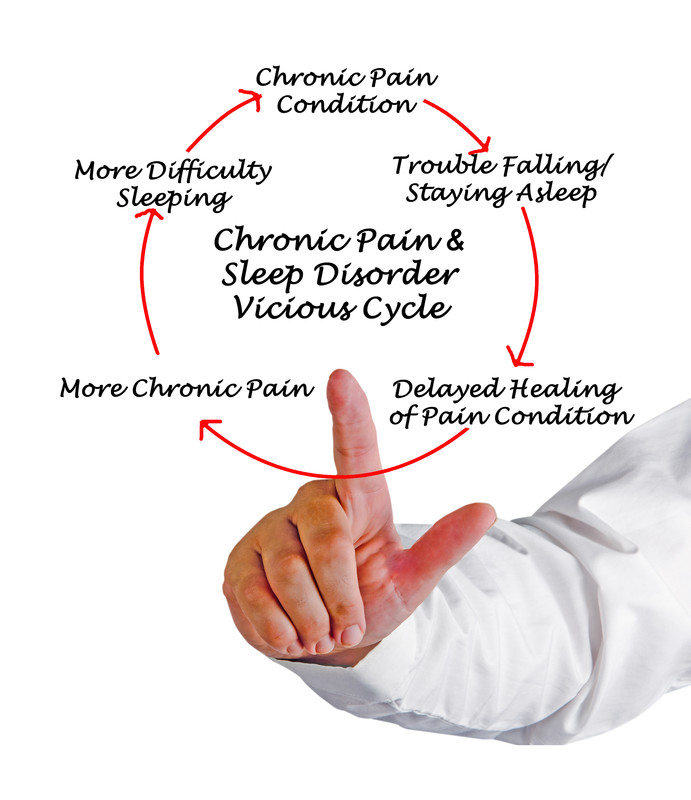Does Trauma result to Chronic Pain?
Available research indicates that while trauma may not directly result into chronic pain, but it surely does make people more vulnerable to developing chronic pain during their lifetime. Many studies that link chronic pain to trauma state that up to 90% of women with fibromyalgia and up to 60% of patients with arthritis, report trauma at some stage in their lives 1. As a point of comparison, people with chronic pain typically have at least double the rate of previous trauma as compared to the general population. The US Department of Veterans Affairs states that 15-35% of patients with chronic pain also have Post Traumatic Stress Disorder (PTSD) 2.
What is Trauma?
Trauma could be defined as, “an event, series of events, or set of circumstances experienced by an individual as physically or emotionally harmful or life-threatening with lasting adverse effects on the individual’s functioning and mental, physical, social, emotional, or spiritual well-being.” 3
Trauma does not discriminate….it could happen to anyone in any part of the world.
Common traumatic events include:
- An accident or medical trauma
- Sexual or physical abuse
- Being in a combat situation
- A natural disaster

Mind and body can influence each other in many ways. Stress and pain create a vicious cycle, perpetuating one another. There are number of ways stress could worsen pain, which includes causing tense muscles and increasing inflammation. Trauma and unresolved emotional issues cause stress, that greatly amplifies the pain and stress cycle.
Any traumatic experience that takes its toll on us emotionally, could also have physical effects immediately or later on in life. Chronic pain is not just ‘all in our head’ as stigma so often dictates. It’s just as valid as acute pain or any other physical health condition. 4
Some common trauma symptoms that influence chronic pain are:

chronic pain condition – trouble falling, staying asleep, delayed healing of pain condition, more chronic pain, more difficulty sleeping
Depression and anxiety are a result of trauma and a symptom of chronic pain. Patients tend not to proactively manage pain and practice self-care when they’re in a negative state of mind. A study explains that depressive symptoms could lead to increased level of pain, and greatly impair normal function. Increased level of anxiety leads to fear avoidance behavior in chronic pain patients. Fear avoidance means, that pain patients avoid activity for fear of worsening their pain. Withdrawal from activity could cause the body to become deconditioned, leading to loss of fitness.
Conclusion
A multidisciplinary approach to treat both trauma and chronic pain, using cognitive behavioral therapy, pain management, nutritional support, and mindfulness, could bring highly effective outcomes for patients, giving them relief from both physical and mental symptoms.
References:
1. https://www.instituteforchronicpain.org/understanding-chronic-pain/complications/trauma
2. https://www.ptsd.va.gov/understand/related/chronic_pain.asp
3. https://www.thenationalcouncil.org/integrated-health-coe/
4. https://www.pathways.health/the-stress-chronic-pain-cycle-and-how-to-break-it/




